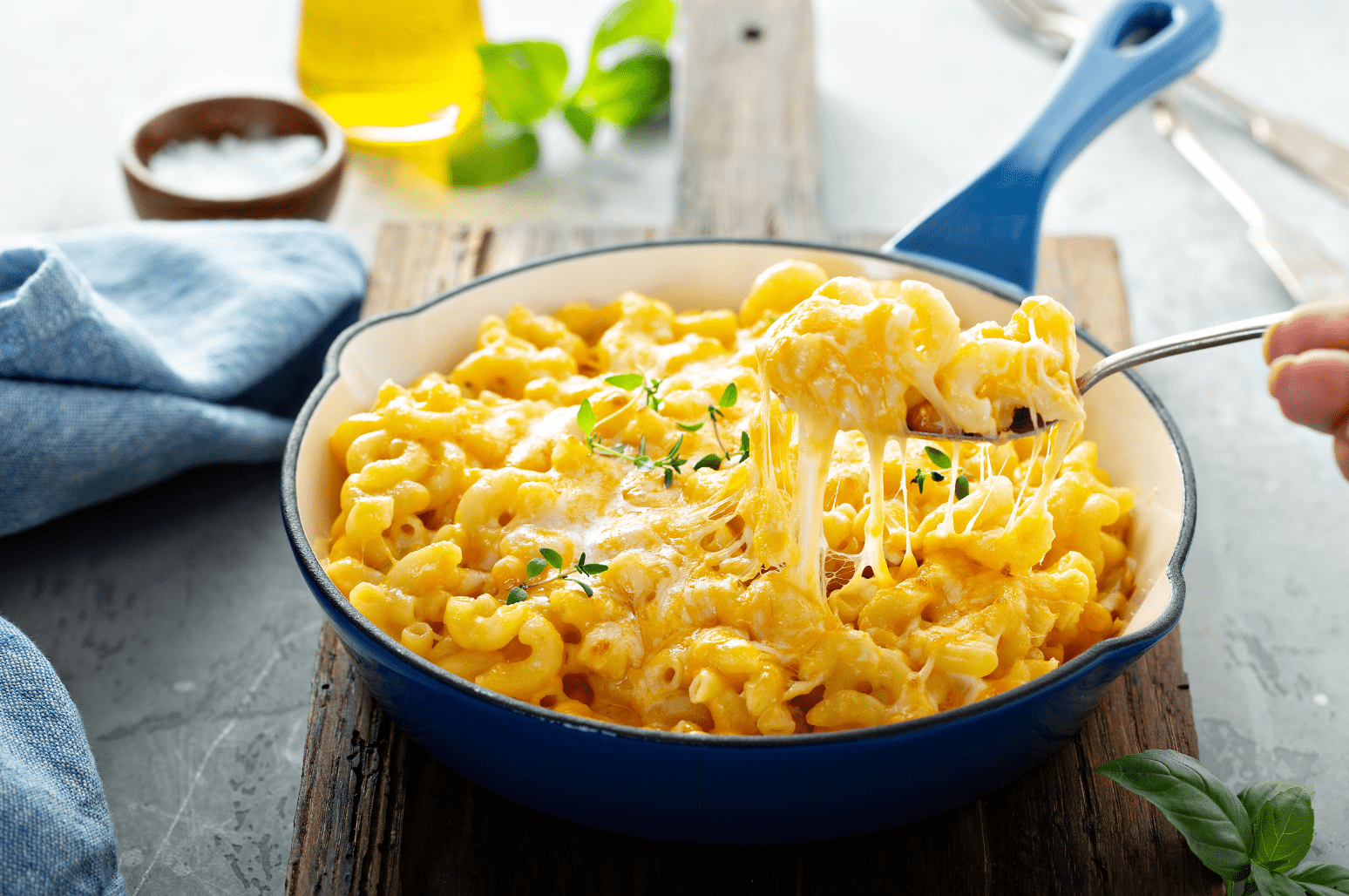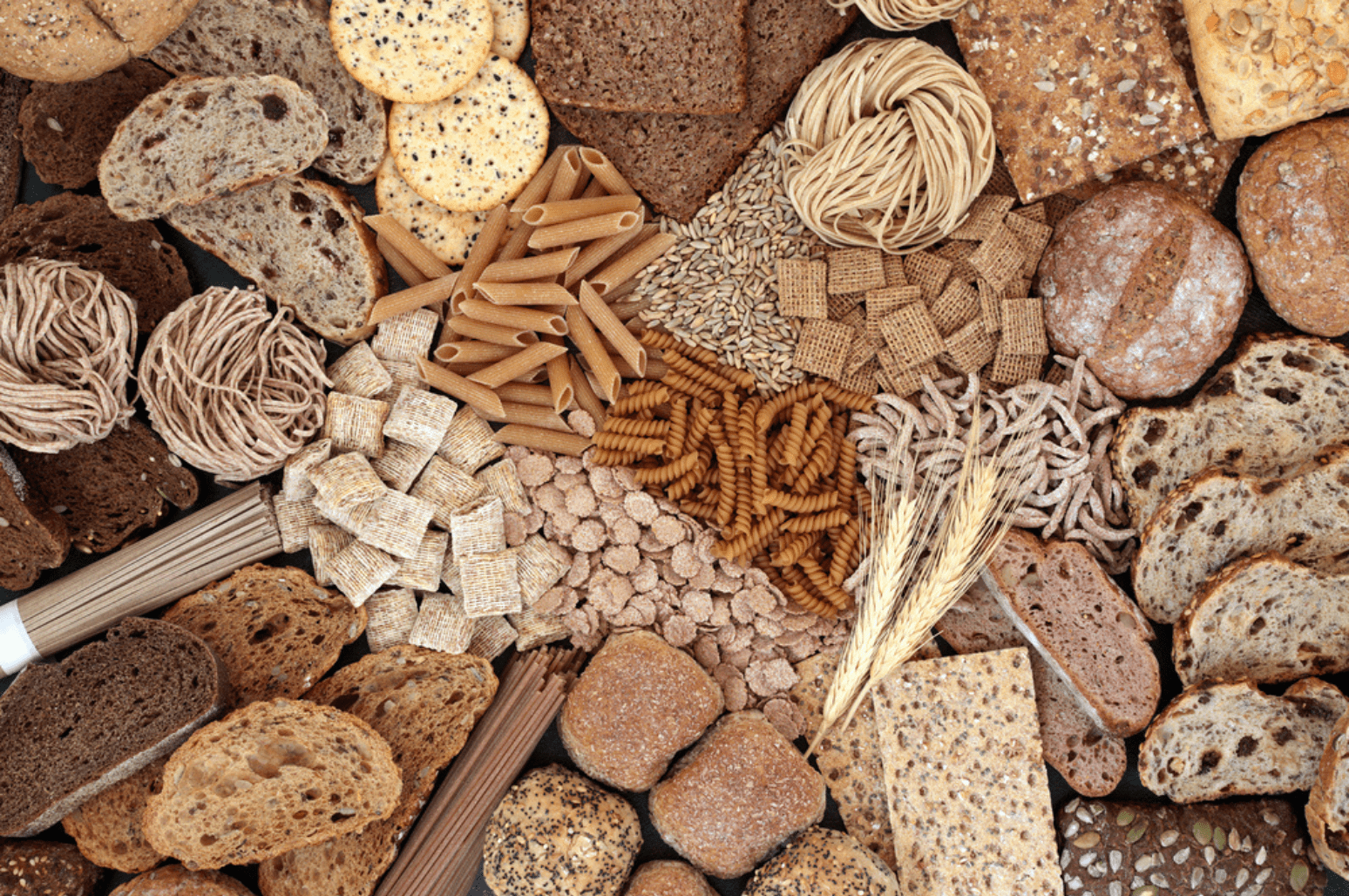
Weight loss requires determination and perseverance. It’s easy to feel overwhelmed when you’re surrounded by incessant marketing claims of effective weight loss strategies, supplements, and diet plans. You might have heard of glucomannan being promoted as a weight-loss supplement. What is glucomannan and is it helpful for weight loss?
What is Glucomannan?
Glucomannan is a natural dietary fiber extracted from the roots of the konjac or elephant yam. If you’ve ever had shirataki noodles, glucomannan is the main ingredient. You can also find it as a supplement, added in food products like flour and pasta, and mixed into drinks.
Glucomannan makes up around 40% of the dry weight of the konjac, which originates from Southeast Asia. Historically, it has been used in herbal mixtures and traditional foods like tofu, konjac jelly, and noodles. It is used as a thickener and food additive indicated with the number E425-ii.
You might be surprised to hear that adding just a small amount of glucomannan to a glass of water turns the entire content of the glass into a gel. This dietary fiber is especially viscous and has an impressive ability to absorb water, which might be why some people believe it can help with weight loss.
Can Glucomannan Help With Weight Loss?
Like other water-soluble fibers, glucomannan is believed to promote weight loss in various ways: [1]
Low in calories
- Takes up space in the stomach and promotes satiety, potentially reducing food intake at the next meal
- Delays stomach emptying and promotes feelings of fullness [2]
- Reduces the absorption of fat and protein [3]
Additionally, it feeds the friendly bacteria in your digestive tract. The friendly bacteria turn glucomannan into short-chain fatty acids like butyrate that have been shown to help prevent fat gain in some animal studies [4] [5]
Feeding your microbiome (gut bacteria) might also bring you other benefits. Studies show a correlation between body weight and altered gut bacteria [6] [7].
Many experts believe the exceptional viscosity of glucomannan makes it effective for weight loss. Looking at the science, several randomized controlled trials examined the effects of glucomannan on weight loss. These types of studies are considered the gold standard in science.
In the largest study, 176 healthy but overweight people on a calorie-restricted diet were randomly assigned a placebo or a glucomannan supplement. The study tested three different glucomannan supplements with varying dosages. After five weeks, the results were impressive and those who supplemented with glucomannan had significantly greater weight loss. [8]
Other studies had similar results, and glucomannan caused modest weight loss in obese and overweight individuals when frequently ingested before a meal [9] [10] [11]. It is more effective for weight loss when combined with weight-reducing diets like the ketogenic diet.
Other Health Benefits
Glucomannan might improve some heart disease risk factors. Studies show it can help reduce blood cholesterol by decreasing the absorption of cholesterol in your gut.
Some research shows adding glucomannan to your diet could lower your risk of developing type 2 diabetes and heart disease. There are also reports of it being successfully used to treat constipation. [12] [13]
In Conclusion
When it comes to dosing glucomannan for weight loss, 1 gram, 3 times per day is considered sufficient. It expands when mixed with water and can absorb up to 50 times its weight! This is why professionals recommend a lower dosage of glucomannan compared to other fiber supplements.
Glucomannan is generally considered safe and well-tolerated. It’s important to note that it doesn’t seem to affect weight loss unless it’s taken before a meal. Experts recommend consuming glucomannan anywhere from 15 minutes to 1 hour prior to your meal.
Glucomannan might cause choking or blockage of the throat and esophagus if it expands before reaching the stomach. As a safety precaution, be sure to wash down it with 1-2 glasses of water or another liquid.
A small number of people also experience mild side effects when consuming glucomannan, such as flatulence and bloating.
Glucomannan might reduce the absorption of oral medications like the diabetes drug Sulfonylurea. Take your medication at least four hours after or one hour before you ingest glucomannan to avoid interference.
Overall, glucomannan seems to be a safe and effective weight loss supplement, but it doesn’t work in isolation. Glucomannan is best combined with other weight-loss methods like the ketogenic diet. It’s up to you whether you want to add glucomannan to your diet either as a supplement or by adding foods like konjac noodles to your meals.
Try an appetizing keto dish featuring konjac or shirataki noodles:
References
Burton-Freeman, B. (2000). Dietary fiber and energy regulation. Journal of Nutrition, 130(2), 272S-275S.https://doi.org/10.1093/jn/130.2.272S
Howarth, N. C., Saltzman, E., Roberts, S. B. (2000). Dietary fiber and weight regulation. Nutrition Reviews, 59(5), 129-139. DOI: 10.1111/j.1753-4887.2001.tb07001.x
Baer, D. J., Rumpler, W. V., Miles, C. W., Fahey, Jr, G. C. (1997). Dietary fiber decreases the metabolizable energy content and nutrient digestibility of mixed diets fed to humans. Journal of Nutrition, 127(4), 579-586. DOI: 10.1093/jn/127.4.579
Wong, J. M. W., De Souza, R., Kendall, C. W. C., Emam, A., & Jenkins, D. J. A. (2006). Colonic health: Fermentation and short chain fatty acids. Journal of Clinical Gastroenterology, 40(3), 235-243. DOI: 10.1097/00004836-200603000-00015
Gao, Z., Yin, J., Zhang, J., Ward, R. E., Martin, R. J., Lefevre, M., Cefalu, W. T., & Ye, J. (2009). Butyrate improves insulin sensitivity and increases energy expenditure in mice. Diabetes, 58(7), 1509-1517. DOI: 10.2337/db08-1637
Parnell, J. A., & Reimer, R. A. (2012). Prebiotic fiber modulation of the gut microbiota improves risk factors for obesity and the metabolic syndrome. Gut Microbes, 3(1), 29-34. DOI: 10.4161/gmic.19246
Ley, R. E., Turnbaugh, P. J., Klein, S., & Gordon, J. I. (2006). Microbial ecology: Human gut microbes associated with obesity. Nature, 444(7122). 1022-1023. DOI: 10.1038/4441022a
Birketvedt, G. S., Shimshi, M., Erling, T., & Florholmen, J. (2005). Experiences with three different fiber supplements in weight reduction. Med Sci Monit, 11(1), P15-18.
Keithley, J., & Swanson, B. (2005). Glucomannan and obesity: A critical review. Altern Ther Health Med, 11(6), 30-34.
Sood, N., Baker, W. L., & Coleman, C. I. (2008). Effect of glucomannan on plasma lipid and glucose concentrations, body weight, and blood pressure: Systematic review and meta-analysis. American Journal of Clinical Nutrition, 88(4), 1167-1175. DOI: 10.1093/ajcn/88.4.1167
Walsh, D. E., Yaghoubian, V., Behforooz, A. (1984). Effect of glucomannan on obese patients: A clinical study. International Journal of Obesity, 8(4), 289-293.
Marzio, L., Del Bianco, R., Donne, M. D., Pieramico, O., & Cuccurullo, F. (1989). Mouth-to-cecum transit time in patients affected by chronic constipation: Effect of glucomannan. American Journal of Gastroenterology, 84(8), 888-891.
Passaretti, S., Franzoni, M., Comin, U., Donzelli, R., Rocca, F., Colombo, E., Ferrara, A., Dinelli, M., Prada, A., & Curzio, M. (1991). Action of glucomannans on complaints in patients affected with chronic constipation: A multicentric clinical evaluation. Ital J Gastroenterol, 23(7), 421-425.









